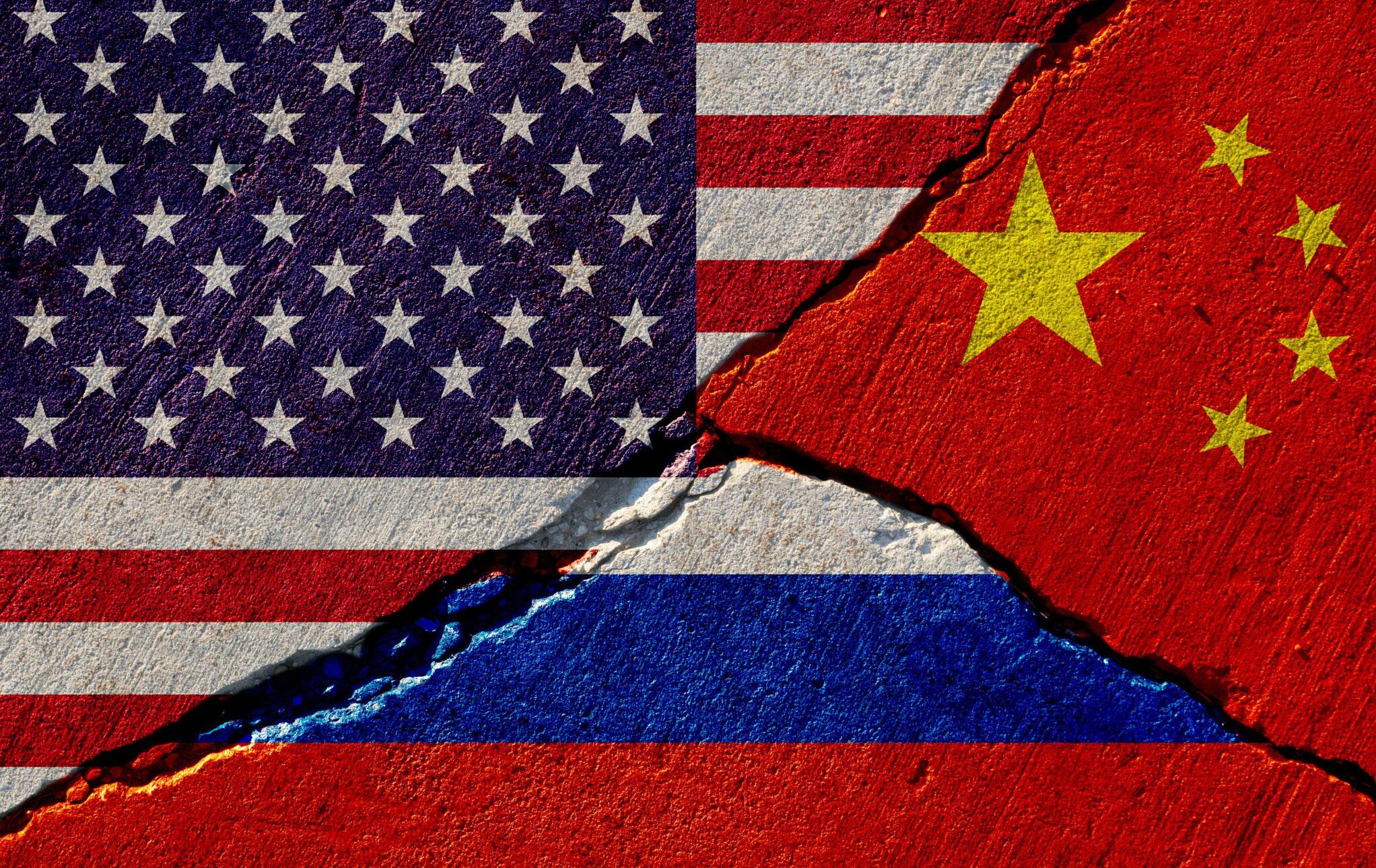An Admiral’s Augury
State of the Union: James Stavridis, the retired Navy Admiral and NATO’s former supreme allied commander for Europe, has made another prediction—this time about China.

James Stavridis, the retired Navy Admiral and NATO’s former supreme allied commander for Europe, has made another prediction.
At the beginning of 2023, Stavridis predicted that Russia would “be burned through and exhausted, losing so many men, so much equipment.” His prediction for Russian President Vladimir Putin? Putin will meet the same fate as Nicholas II.
Despite this outlandish prediction, Stavridis had a rather sensible prescription: “Let’s all push for a negotiation sometime mid-2023.”
That has not come to pass. The Russians are still committed to their cause, and America keeps sending billions to Ukraine to keep its military and government afloat. Stavridis is doing his part. Rather than calling for those supposed negotiations, Stavridis has been pushing for a Christmas gift for Ukraine in the form of more military aid.
Stavridis’s latest prediction has a better chance of being correct. China, Stavridis claims, will not be ready for a major war with the United States “for about 10 years.”
“Even though China is building a massive fleet, even though they're acting aggressively, they're not ready yet,” Stavridis said during an interview on Michael Medved’s talk radio show. "If we ended up in a war with China, it wouldn't just be the U.S. and China. We have treaty allies who are sworn to come and be part of a military campaign like that...Japan, South Korea, the Philippines, Australia, New Zealand."
This may be true for now, but could change in short order. As America sought to revive the Cold War paradigm after Russia invaded Ukraine, it attempted to punish the Russian economy and global partners through sanctions. But while the Russian economy had already sanctions-proofed itself, crucial partners in the developing world, such as India, were not insulated from the American sanctions regime and suffered mightily for Russian imports—particularly energy. Rather than go along with Washington’s policies, these powers quickly sought ways to work around the sanctions. America’s influence waned.
America’s efforts to prolong the war in Ukraine could lead to a scenario where China wouldn’t be going it alone in a war against the U.S. Some, like Stavridis, boast that American aid is decimating the Russian military. (What they often leave out is that America’s stockpiles are suffering, too.) The strategy America is currently pursuing in Ukraine, however, is undercutting the balancing between two large, regional powers that share a very long border and driving Russia into China’s arms.
Subscribe Today
Get daily emails in your inbox
"China, in my estimation,” Stavridis continued, “will not be ready to take on the U.S. in a very mature way for about 10 years. So, I think we have a bit of a grace period here, where we can strengthen our military to preserve deterrence and also try to use diplomacy.... All the other means we have to take tension out of the relationship."
Stavridis is correct here, too. I’ve written on multiple occasions for The American Conservative about what China will actually need to make a move on Taiwan. Such an operation would likely be the largest amphibious assault in history, and it will take years for China to build the necessary capacity. Yet, the United States could encourage Chinese aggression by allowing its involvement in other wars to further erode its military capacity and readiness.
There is a lesson for the right, too. The right’s focus on the Chinese threat is well deserved—albeit slightly late. In the right’s haste to make up for lost time, a real danger of inflating the Chinese threat now and in the near future remains—something the neoconservative right is already trying to take advantage of.
Comments